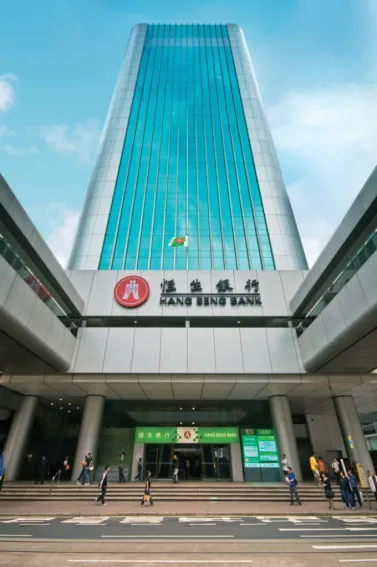
Hong Kong banks' capital to be hit by tighter property regulations
But impact is expected to be manageable.
Fitch Ratings expects tighter regulations on property-related lending to have a material but manageable capital impact on Hong Kong banks.
The Hong Kong Monetary Authority has further tightened regulations on mortgages and bank lending to property developers that in turn extend mortgages outside the supervisory framework in an effort to cool the property market and strengthen the banks' credit risk management.
Here's more from Fitch Ratings:
We expect the growth in domestic residential mortgages, which accounted for 5.6% of system-wide assets at end-March 2017, to slow while direct lending to property developers (6.3%) may shrink.
Fitch estimates that increasing the risk weight on loans to property developers to 50% or 100% from an assumed 30%, coupled with an increase in the risk weight floor for residential mortgages to 25% from the current 15%, could reduce Fitch Core Capital ratios by at least 50 bp and up to 420 bp for banks that use the internal ratings-based approach.
The impact will be manageable as the new rules will be phased in and banks have maintained above-average capitalisation, supported by internal capital generation and one-off disposals.
Notwithstanding the above, Fitch revised the banking system outlook over the next 12 months to stable from negative on 11 May 2017 while the medium-term outlook for Hong Kong banks' operating environment remains negative as the financial systems of Hong Kong and China continue their integration.
We expect short-term cyclical pressure on the banks' financial performance to ease, based on positive signs in the domestic economy. Fitch expects annual GDP growth of around 2% in 2017 and 2018 for Hong Kong.






![Lorem Ipsum [ABF 1]](https://cmg-qa.s3.ap-southeast-1.amazonaws.com/s3fs-public/styles/exclusive_featured_article/public/2025-03/a_hand_pointing_to_a_futuristic_technology_5b87c9d0e3_1.png.webp?itok=2w0y1WhS)


![Cross Domain [Manu + SBR + ABF + ABR + FMCG + HBR + ]](https://cmg-qa.s3.ap-southeast-1.amazonaws.com/s3fs-public/styles/exclusive_featured_article/public/2025-01/earth-3537401_1920_4.jpg.webp?itok=WaRpTJwE)








 Advertise
Advertise

